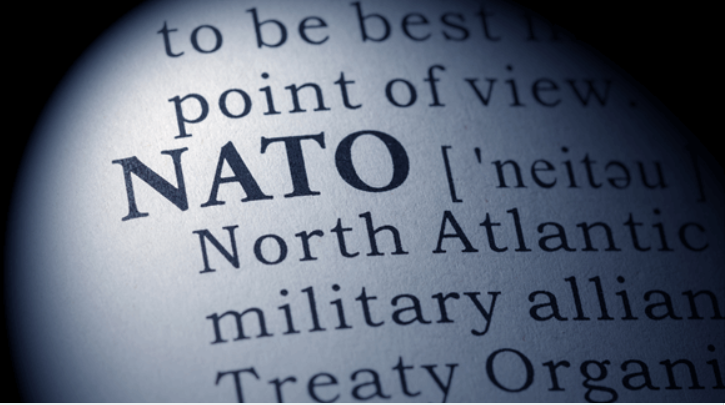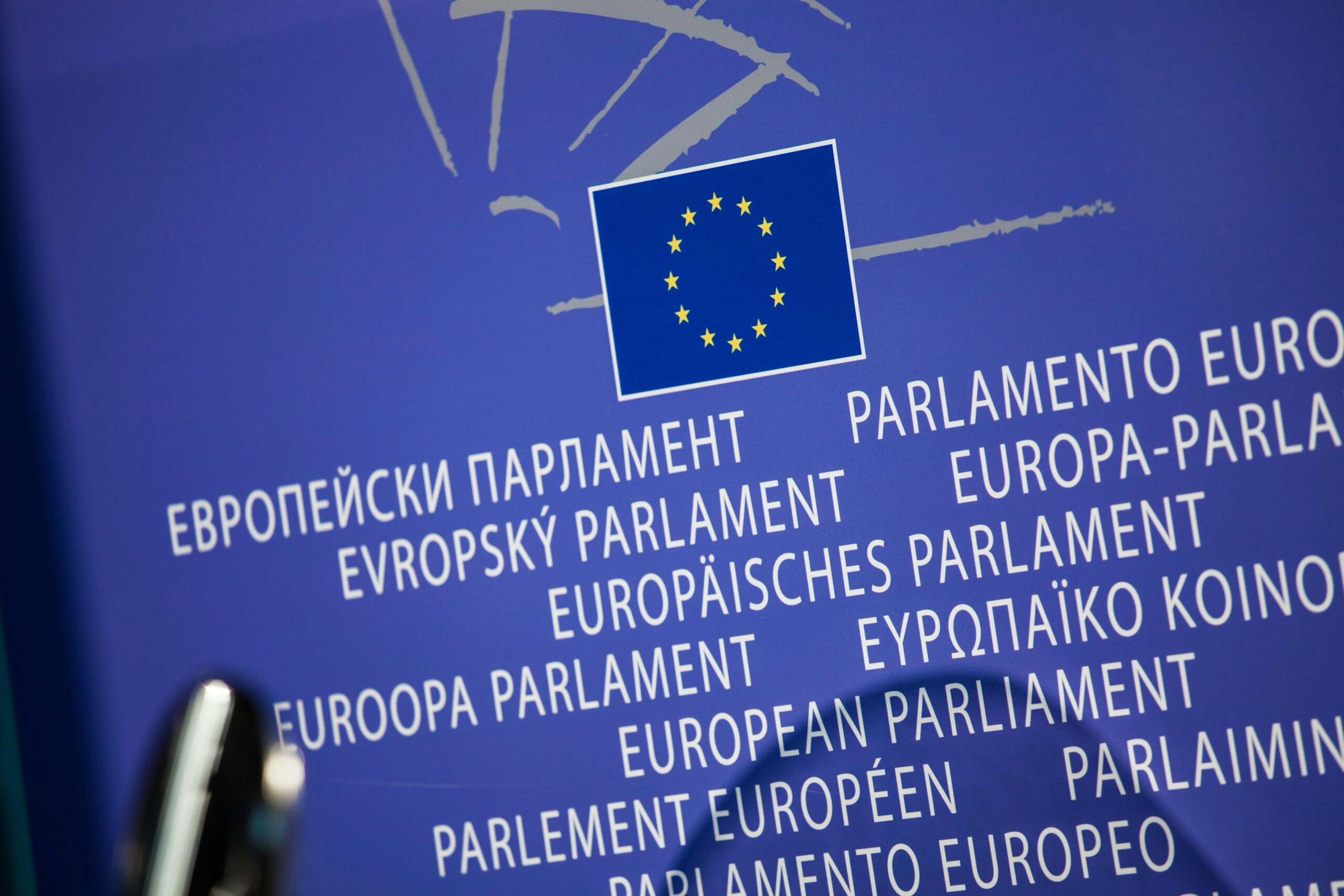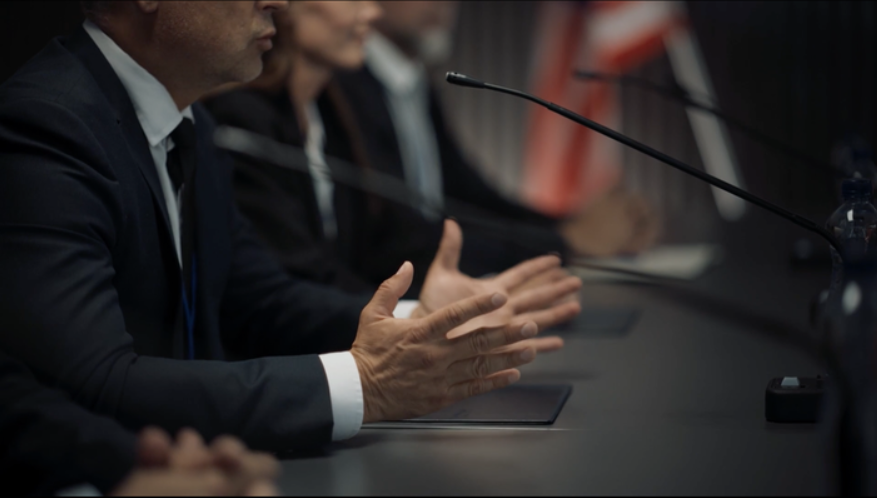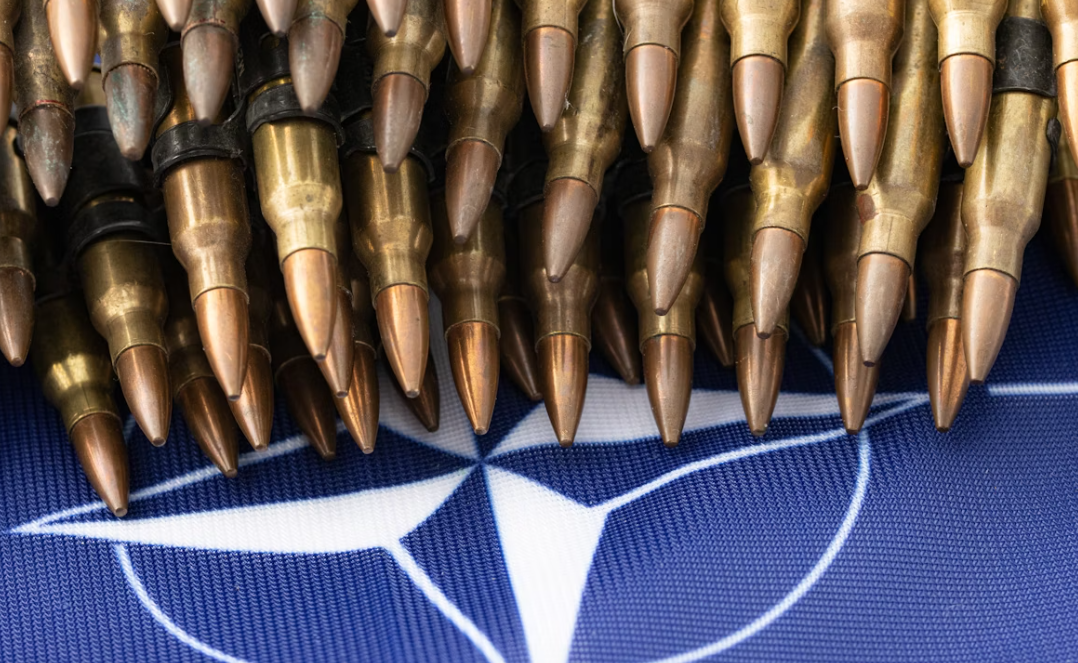By Lydia Chatzopoulou,
In an era defined by geopolitical turbulence, systemic authoritarian resurgence, and democratic erosion, the cohesion between North America and Europe has transcended being a mere strategic convenience —it has become a foundational guarantee for the viability and integrity of democratic governance. This transatlantic unity underpins shared democratic norms, mutual security, and normative legitimacy —forming a structural bulwark in the global democratic architecture.
Historically, transatlantic unity has been built on shared values rather than temporary interests. Institutions like NATO, and more broadly the EU–US alliance, were founded not only to provide mutual security but also to promote democratic norms globally. This commitment has translated into decades of stability, coordinated diplomacy, and collective action in the face of global threats. The enduring theory that democratic nations are less likely to engage in armed conflict with one another —commonly referred to as the democratic peace hypothesis— supports the idea that such alliances are both practically beneficial and morally justified. Mutual trust, transparency, and political legitimacy thrive more easily when both sides of an alliance share institutional norms and democratic procedures.

Today, that unity is facing increasing pressure. Russia’s invasion of Ukraine, China’s growing global influence, and cyber-enabled threats to democratic institutions all point to a need for tighter coordination among democracies. The West cannot afford disjointed responses to such challenges. Collective security, digital regulation, and foreign policy coherence all depend on a robust transatlantic framework. When this bond weakens, democracies worldwide become more vulnerable to manipulation, coercion, and fragmentation.
The dangers, however, are not solely external. Internal democratic backsliding has emerged as an equally serious concern. Both sides of the Atlantic have witnessed rising political polarization, erosion of public trust in institutions, and the emergence of leaders who question the fundamental tenets of liberal democracy. This internal instability threatens to undermine the moral authority of democratic states in promoting global governance, human rights, and rule-of-law principles. Recent political developments have exposed cracks in the ideological foundations of this alliance. At a major international security conference in early 2025, high-level U.S. officials openly questioned long-standing principles of European liberalism, calling for renewed nationalism and hinting at cultural protectionism. European leaders responded with alarm, emphasizing the need for unity based on shared democratic ideals, not transactional politics.

At the same time, the institutional benefits of transatlantic cooperation remain clear. From coordinated sanctions regimes and joint climate initiatives to technology standards and election security, collaboration across the Atlantic continues to generate tangible democratic dividends. Citizens in both regions benefit when their governments are held to higher standards through international alignment. Participation in multilateral institutions enhances transparency, encourages policy innovation, and provides a safety net for states experiencing democratic strain.

Reinforcing this unity, however, requires more than goodwill. Experts recommend several concrete steps to bolster the democratic fabric of the alliance. These include embedding democratic conditionalities in trade and defense agreements, establishing common standards for digital governance, coordinating civic education and media literacy programs, and funding cross-border civil society partnerships. In short, democracy must be both the foundation and the output of transatlantic engagement.
In conclusion, transatlantic unity is not merely a relic of Cold War logic or a strategy for regional defense. It is a structural guarantee for the preservation and promotion of democracy. At a time when both internal vulnerabilities and external pressures threaten liberal values, the partnership between Europe and North America stands as a vital safeguard. Without it, the democratic world risks fragmentation, inconsistency, and loss of moral direction. The alliance must therefore be continuously renewed —not through nostalgia, but through firm commitments to the values it was built to defend.
References
- Trade, Trust, and Transition: Shaping the Next Transatlantic Chapter. CAP. Available here
- Stronger Together. DGAP. Available here
- JD Vance’s Munich speech laid bare the collapse of the transatlantic alliance. The Guardian. Available here
- Allied unity, firmly rooted in democratic values, and unwavering support to Ukraine top NATO PA Spring Session in Sofia. NATO. Avalable here




